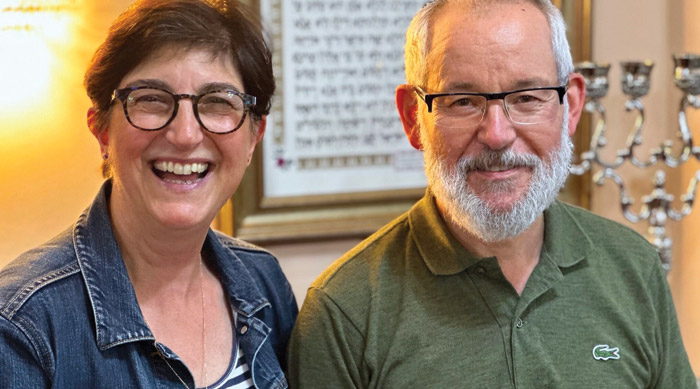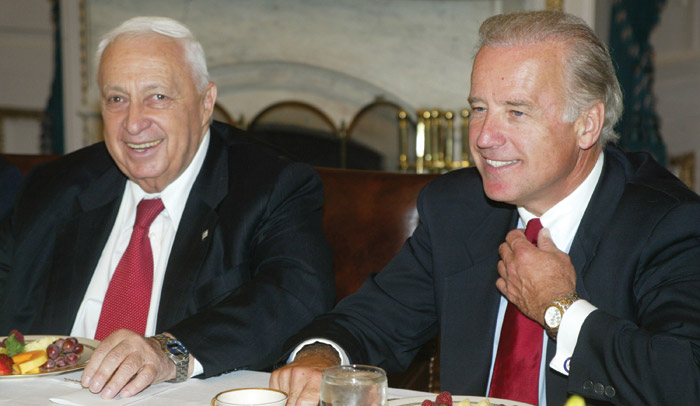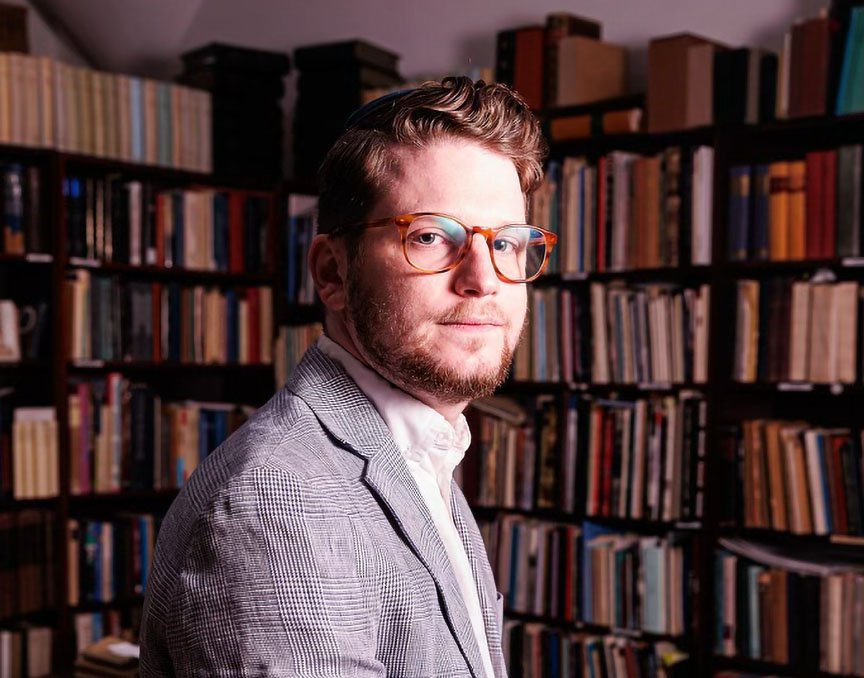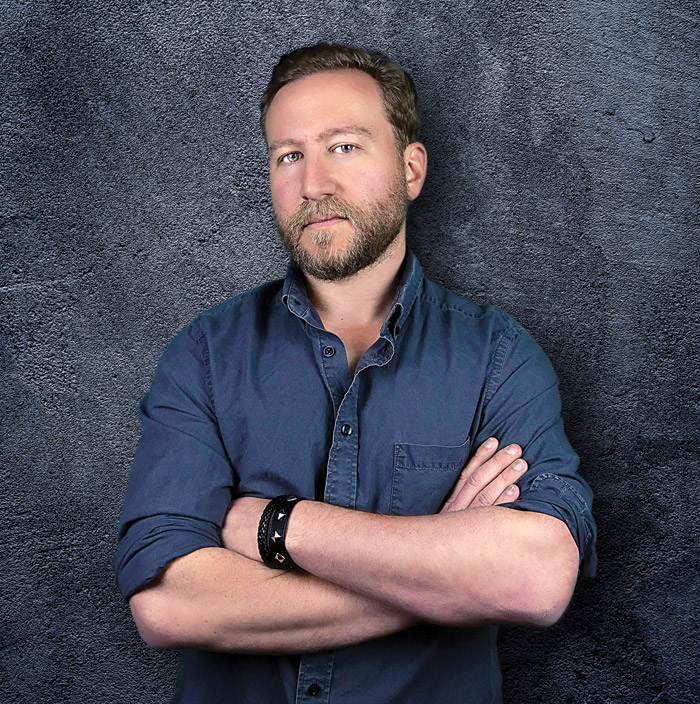
Lott is a widely published memoirist, essayist and reporter, and the author of “In Session: The Bond Between Women and Their Therapists.” She teaches creative writing and literature at Antioch University. Perhaps the most telling entry on her CV is that she works with psychiatrists at the UCLA Neuropsychiatric Institute in writing trauma case studies about their young patients.
“As I write these children’s stories, I wonder which of them will grow up to be memoirists,” Lott muses in the preface to her new book. “I also can’t help but think about my own story … [as] if I could fix my childhood firmly in the past and not feel haunted by it.”
From the outset, when she flashes back to her own experiences as a 16-year-old patient at NPI in 1968, it is clear Lott’s father figures crucially in her own troubled childhood and adolescence. “Oh for some fatherly comfort, the blessing my father used to deliver with his outstretched hands over the congregation at Sabbath services: May God shine his countenance upon you and grant you peace.” At that very moment, she reveals, her father was confined to the psych unit at Glendale Adventist Hospital, where doctors “are running bolts of electricity through his brain.”
Suddenly, the meaning of the intriguing title of Lott’s courageous and endearing memoir snaps into sharp focus. “My father and I were not ordinary,” she writes. “Oh no, we had formed an alliance around being extraordinary.” Even as a 4-year-old, she recalls, her mother used the Yiddish word tummel to describe “psychic commotion” that characterized her father, “noise and hilarity, noise and calamity.” Yet, she was fascinated by her “shape-shifting” father – “would-be actor, teller of dark truths, funhouse amusement, sexy gorilla, and his favorite role: lay rabbi of the La Crescenta Valley Jewish Community Center.”
“My father was nuts, but maybe I didn’t have to be.” – Deborah A. Lott
As a memoirist, Lott performs a breathless tightrope walk between “my mother’s ceaseless attempts to simulate normalcy” and her father’s “recklessness [and] obsession.” Peril of many kinds, real and imagined, lurk underfoot at every moment. She recalls her parents chose to live in La Crescenta because of “its claims as a health haven”; yet, the air quality was so poor that she tasted metal in the back of her throat when she took a breath. “I just assumed that it was normal for breathing to hurt,” she writes. Nearby Glendale was the home of the American Nazi Party and her parents “received threatening phone calls suggesting that, as Jews, they would be happier living among their own kind.”
Above all, however, it is Lott’s father who almost literally haunts the pages of “Don’t Go Crazy Without Me.” Many of the scenes and incidents Lott conjures up from childhood are poignant, comical or both, and she is utterly frank about her own sexual exploration with a cousin at the very moment when their grandmother was on her deathbed. But the reader soon realizes that her father, a source of chaos and dysfunction, always is implicated in one way or another. “When his psychic engine wasn’t running on impulse, it was running on regret and recrimination,” writes Lott, who comes to resemble her father in ominous ways. “Strange things were happening not just to my body and my family, but to the whole country.”
For her brother, Paul, “my father was a villain, a maniac, a sadist,” she writes. As her mother saw it, young Deborah was under her father’s malign influence: “When are you going to stop being so suggestible to your father’s mishegoss?” But Lott sees her father from her own unique perspective. “For me, it remains much more complicated.”
Indeed, she is capable of extracting and refining the inner afflictions that hurt her father in madness by introducing us to the elusive concept of “offness,” her father’s go-to when confronting what he regarded as a cosmic full of imagined risks. “Food could be off, any of the body’s nefarious organs could be off, and things with moving parts that my father relied on others to fix were particularly prone to offness,” she explains. “Behind my father’s back, things were always changing, and with change came the potential for offness, and with offness came the risk of bodily harm.”
At one fateful moment in Lott’s adolescent life, she began to manifest her own mishegoss. On the first day of 10th grade, she was issued a textbook that once belonged to a girl named Julie, who had since died in an accident. “Having Julie’s book scares me,” she told the teacher. “I felt responsible for killing her all over again.” Soon, she was seized with an offness of her own. “I started to notice strange coincidences between numbers and objects and events, what was in my head and outside.” Lott is a superb storyteller but, ironically, she suddenly was tormented by the very act of speaking or writing. “Writing – even saying or thinking – the wrong words could hurt me or someone I loved.”
The final pages of her memoir reach a peak of tension and threat, but the book ends on a redemptive note. “My father was nuts,” she writes, “but maybe I didn’t have to be.” She recognized the path to health and wholeness was “to battle to take my writing back.” Indeed, “Don’t Go Crazy Without Me” ultimately and essentially is the story of how she fought and won that epic battle.
Jonathan Kirsch, author and publishing attorney, is the book editor of the Jewish Journal.






















 More news and opinions than at a Shabbat dinner, right in your inbox.
More news and opinions than at a Shabbat dinner, right in your inbox.